Denver school board member John Youngquist is alleging that the board violated state open meetings law by misstating the purpose of a recent executive session, and by excluding him from that session because it dealt with a matter he had raised about his compensation.
Commentary
Simplified or not, the bottom line – curtailing the freedoms of innovation schools – remains the same. It’s a bad idea, and a classic case of a solution in search of a problem
The current attempt by the board to limit the strategic plans of innovation schools is built on a fundamentally flawed argument because it assumes that the innovation schools are the problem.
It is clear to us that the so-called executive limitations on “Standard Teacher Rights and Protections” represent a solution in search of a nonexistent problem. The Denver Board of Education would be wise to turn its attention instead to the profound challenges facing the district as we cope with the fallout from two-plus years of disrupted learning.
Denver Public Schools staff presented some troubling student learning data to the school board recently, but the board seemed largely uninterested.
What Rocky Mountain Prep has done for my family over the years just goes to show how a small school community can be responsive in ways larger schools or districts can’t be.
In Dougco, a new, conservative majority in the affluent, predominantly white district has fired the superintendent, in part over the contents of a reasonable equity policy that has nonetheless been sucked into the maw of the right-wing media’s hysteria over the often-mislabeled Critical Race Theory.
In discussing what policy governance calls “community linkage,” it was revealed that the board’s “owners” under policy governance are voters. That is to whom the board is responsible and whom they purportedly should engage. Under this frame, the people most impacted by the decisions the board makes and the policies it dictates – students, families, teachers, administrators, other employees of the district, charter and zone partners, etc. – are not the folks to whom the board is accountable.
The Denver Public Schools board threw a big bone to the Denver Classroom Teachers Association last month by proposing to strip the school district’s 52 innovation schools of freedoms they’ve enjoyed from the teachers union contract.
Two years ago I never would have imagined I’d be playing a role in bringing an outstanding school to my community in Commerce City.


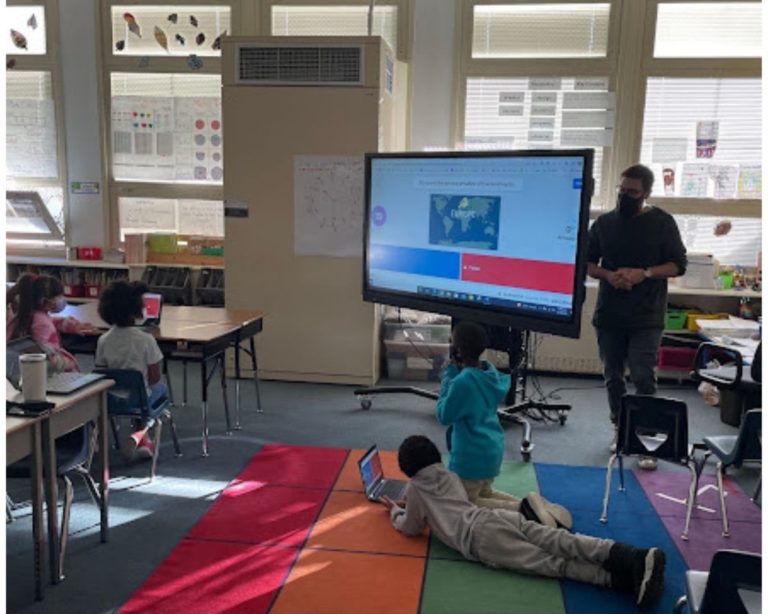

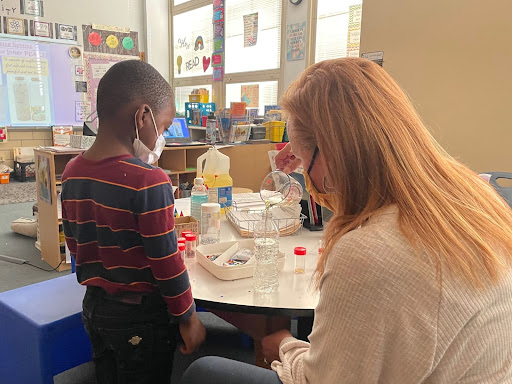
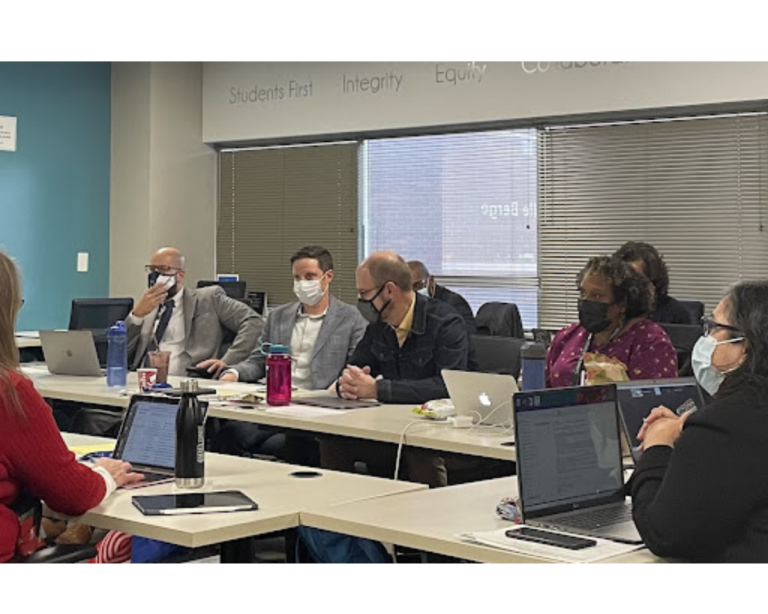
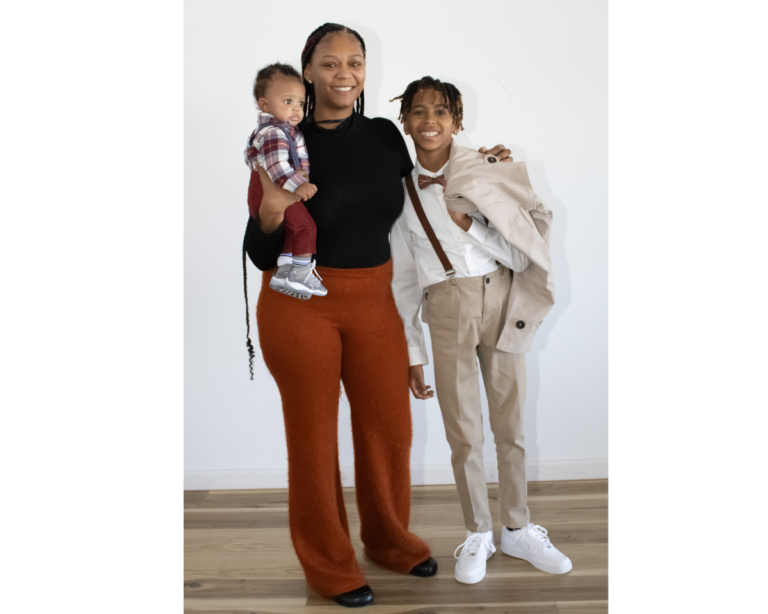

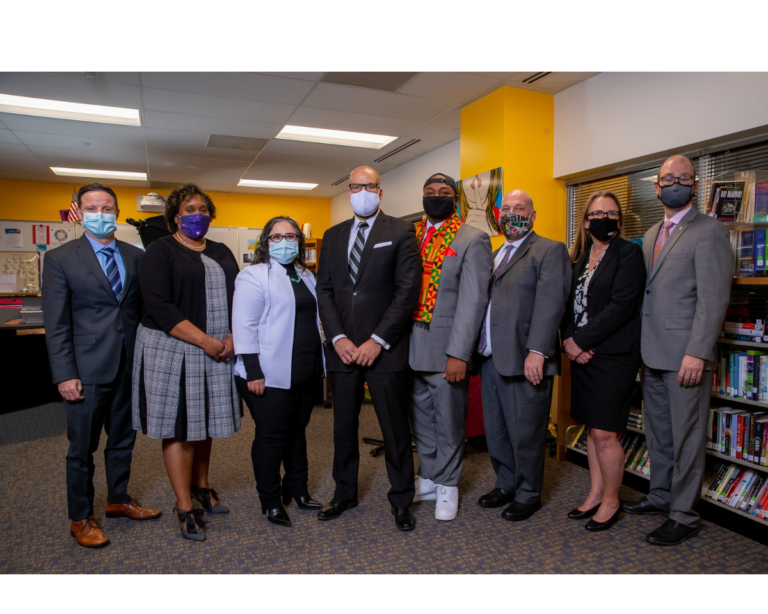
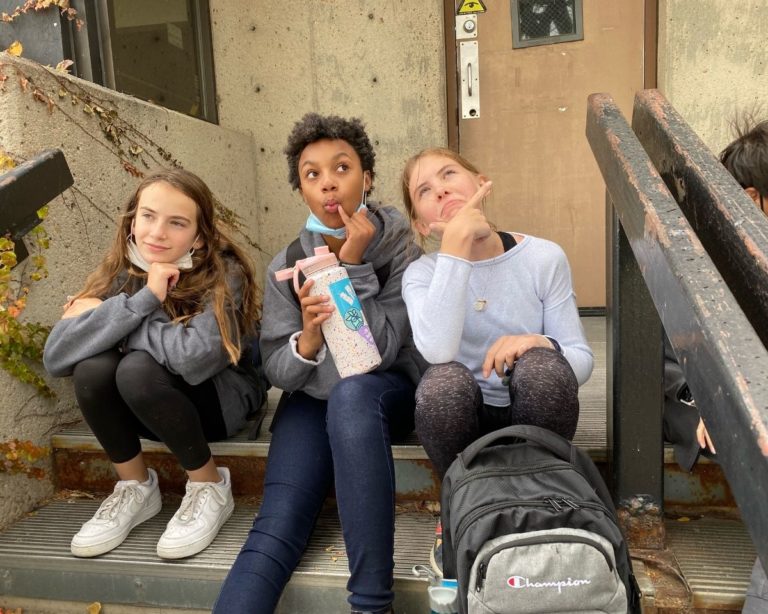





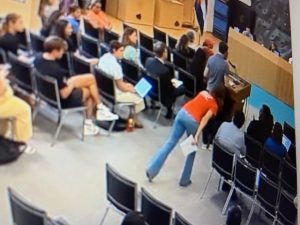
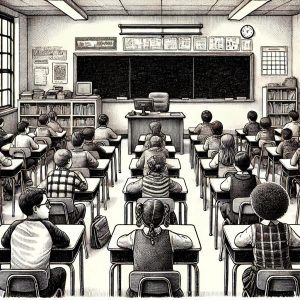

5 percent of Denver’s Black, Latino 3rd-graders are reading at grade level. That’s an emergency.
Reading at grade level by the end of third grade is considered predictive of future academic success. Yet according to the data, just 5 percent of Black third-graders and 5 percent of Latino third-graders met or exceeded grade level in assessments given last fall.